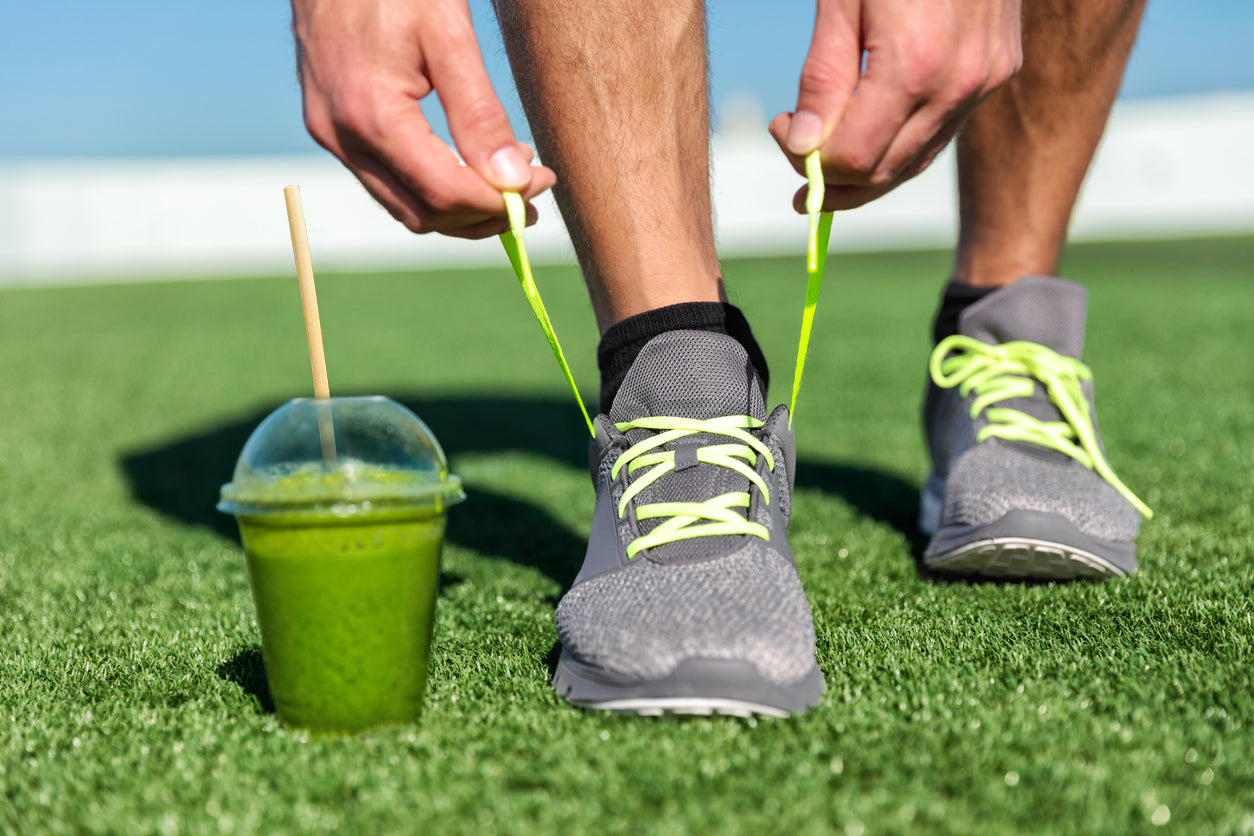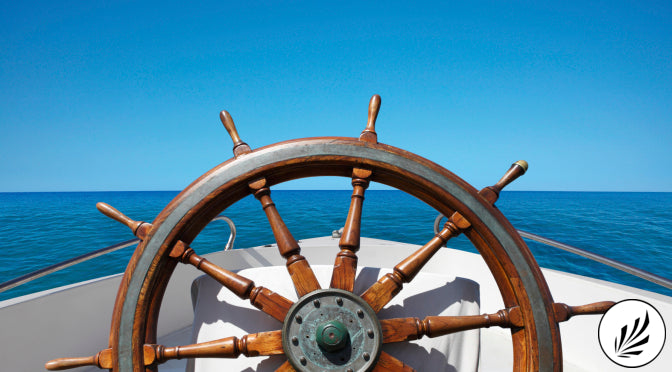
No plastic single use products
More than 80% of marine litter is plastics. The European Commission implemented a new EU-wide law amendment regarding the 10 single-use plastic products most often found on Europe's beaches and seas, as well as lost and abandoned fishing gear, from July 3th 2021 onwards. These products are the biggest part of the problem. Together they constitute 70% of all marine litter items.
Due to its slow decomposition, plastic accumulates in seas, oceans and on beaches in the EU and worldwide. Plastic residues are found in marine species - such as sea turtles, seals, whales and birds, but also in fish and shellfish, and therefore in the human food chain. Despite the fact that plastics are a convenient, adaptable, useful and economically valuable material, they cause so much harm to our environment that we need to seek for more environmentally friendly solutions. When littered, the economic impact of plastics encompasses not just the lost economic value in the material, but also the costs of cleaning up and losses for tourism, fisheries and shipping.

What will be the impact?
Implementation of this law amendment will aim to reduce littering by more than half for the ten single use plastic items, avoiding environmental damage which would otherwise cost €223 billion by 2030. It will also avoid the emission of 3.4 million tonnes of CO2 equivalent by 2030.
What are the main elements of the commission proposal?
This is a targeted and proportionate initiative that directly addresses the top sources of marine litter in Europe - the top ten non eco-friendly single use plastic items found on EU beaches; and abandoned, lost and disposed of fishing gear - which together constitute 70% of all marine litter items.
The proposal tackles the root causes of the problem. That means looking at how these items are produced, distributed and used by businesses and consumers, how they are disposed of, and how some of them end up on beaches, in seas and oceans.

The Ocean Cleanup
The Ocean Cleanup is designing and developing the first feasible method to rid the world’s oceans of plastic. Every year, millions of tons of plastic enter the ocean. A significant percentage of this plastic drifts into large systems of circulating ocean currents, also known as gyres. Once trapped in a gyre, the plastic will break down into microplastics and become increasingly easier to mistake for food by sea life.
Going after it with vessels and nets would be costly, time-consuming, labor-intensive and lead to vast amounts of carbon emission and by-catch.That is why The Ocean Cleanup is developing a passive system, moving with the currents – just like the plastic – to catch it. The floater provides buoyancy to the entire system, while the skirt prevents debris from escaping underneath and leads it into the retention system (“cod end”). A cork line above the skirt prevents overtopping and keeps the skirt afloat. As the system moves through the water, slower than the plastic, the plastic collects within the boundaries of the U-shaped system.
That is why we should contribute to a plastic-free environment and charities such as The Ocean Cleanup.



Leave a comment
This site is protected by hCaptcha and the hCaptcha Privacy Policy and Terms of Service apply.